Religion: Synagogues/Temples

Paula Ackerman
Paula Ackerman took over leadership of her husband’s synagogue after his death in 1950, when the congregation insisted on her appointment. For the next three years, Ackerman was the first woman to serve as religious leader of a mainstream American congregation, helping to pave the way for the ordination of women rabbis twenty years later.

Architects in Palestine: 1920-1948
The mass immigration from Europe after 1933 brought many architects to Palestine, amongst whom were a number of women. For these women, being an architect meant total devotion to the profession.

Assimilation in the United States: Nineteenth Century

Australia: 1788 to the Present
The first Jewish women, like the first Jewish men, arrived in Australia on the very first day of European settlement in 1788. Those convict pioneers were followed by free settlers who made Jewish communal and congregational life viable and helped to develop the vast continent. Jewish women have made significant contributions to Australia's national story.
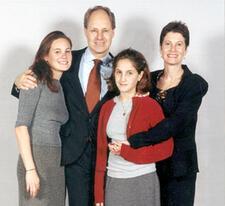
Patricia Barr
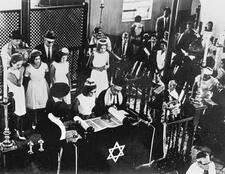
Bat Mitzvah: American Jewish Women
When Judith Kaplan Eisenstein became the first American girl to mark her bat mitzvah on March 18, 1922—two years after women were guaranteed the right to vote in the US—she recalled “shock[ing] a lot of people,” especially her disapproving grandmothers. Today, American girls across the Jewish spectrum, from secular to ultra-Orthodox, mark their coming-of-age in various forms.
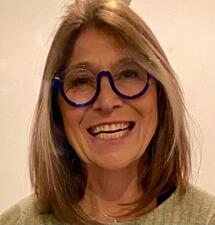
Analía Bortz
Analía Bortz is the first Latin American woman ordained as a Conservative rabbi. Her approach to spirituality and religion combines with her medical training. As a doctor specializing in bioethics, she has also helped women and couples with fertility issues.
Britain: Nineteenth and Twentieth Centuries
Since being allowed to resettle in 1656, Jews in Great Britain have established deep community ties throughout their diverse community. Class differences between early Sephardic settlers and the later wave of Ashkenazi immigrants gave rise to numerous Jewish charitable organizations, in which women played a key role.

Jewish Women in the Cairo Genizah
Colonial Entrepreneurs: A Quartet of Jewish Women
Esther Pinheiro, Esther Brown, Rachel Luis, and Simja De Torres were widows, each held property, and each was at one time or another a merchant. Although they have been overlooked by history, written records that document their activities demonstrate the lives of well-off colonial Jewish women.
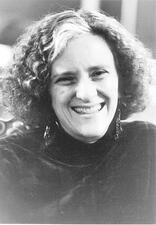
Conservative Judaism in the United States
Women have played a pivotal role in propelling the Conservative Movement to confront essential issues including Jewish education and gender equality. The Movement’s attention to issues such as the religious education of Jewish girls, the status of the agunah (deserted wife), equal participation of women in ritual, the ordination of women, and innovations in liturgy and ritual to speak to women’s experiences has helped to shape the self-definition of Conservative Judaism, and has enabled talented Jewish women to reach new heights in religious leadership.
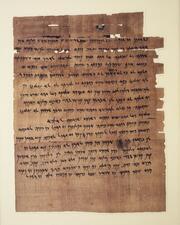
Elephantine
The documents found on the Egyptian island of Elephantine in the late nineteenth and early twentieth centuries, which date from the fifth century BCE, extensively feature women. The women enjoyed extensive financial and property rights and their narratives show a society in which women had significant rights, rare for the time.
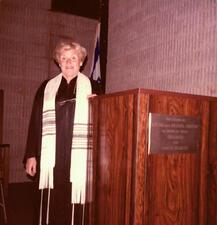
Julie Johanna Engel
Julie Johanna Isner Engel dreamed of becoming a professional opera singer in Germany in the 1930s, but the rise of the Nazis interrupted that dream. Escaping to the United States, she trained her voice in synagogue choirs and local opera performances. In the 1970s, she took a cantorial position at a synagogue in Queens, one of a pioneering generation of women cantors.
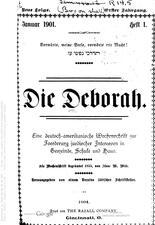
German Immigrant Period in the United States
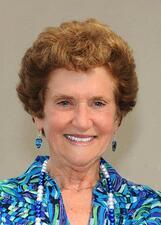
Jackie Gothard
Richea Gratz
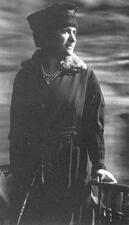
Florence Shloss Guggenheim
Reina Hartmann
Reina Goldstein Hartmann focused her career on improving the lives of Jewish women in her native Chicago, serving as the leader of the Mothers Aid of the Chicago Lying-In Hospital and Dispensary as well as other organizations.
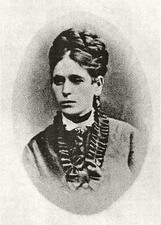
Haskalah Attitudes Toward Women
Just as the many well-known thinkers of the Enlightenment debated the proper role of women in society, so did the maskilim, the men of intellect who burst upon Ashkenazi Jewish society in the eighteenth- and nineteenth-century revolution known as Haskalah. Dominated by men, the movement critiqued Jewish tradition and encouraged modernity among Jews, but simultaneously met Jewish women’s pursuit of modernity with ambivalence.
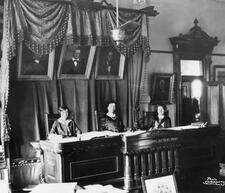
Hattie Leah Henenberg
Hattie Leah Henenberg was a pioneering female jurist in Texas. In 1925, she became a member of the first all-female state Supreme Court.
Gertrude Hirschler
A celebrated translator of deft skill and a woman of great principle, Gertrude Hirschler refused to translate, edit, or publish any book that did not mesh with her ideals or beliefs. Hirschler’s literary contributions are highly regarded in the areas of Jewish history, the Holocaust, religious literature, and Zionism.
Leah Horowitz
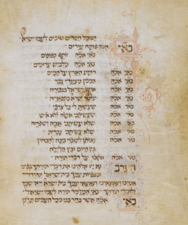
Early Modern Italy
A study of the role of Jewish women in household formation, the household, and household dissolution, as well as their engagement in Jewish culture in early modern Italy, raises the question of how much of Jewish practice reflected the context of the surrounding society and how much engaged options in traditional Jewish practices, which were selected to meet their own needs. Despite the wealth of information about some well- known women and reports of the activities of many unnamed women, Jewish women, like Christian women, still functioned in the context of women and the period does not represent a Renaissance for women.
Janie Jacobson
Combining her Jewish background with her skill and penchant for writing, Janie Jacobson succeeded as a biblical playwright in the early twentieth century. The children’s plays she authored were performed nationally. In addition to being an accomplished writer, she was a talented musician and involved in Jewish social activism.
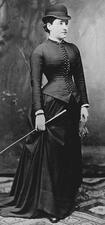
Jewish Feminism in Post-Holocaust Germany
Jewish feminism in Germany today is an expression of a wide-reaching renewal of Judaism occurring in many European countries since the early 1990s. German Jewish feminists built on the historical tradition of the Jewish women’s movement in pre-Holocaust Germany and has since taken many paths.


